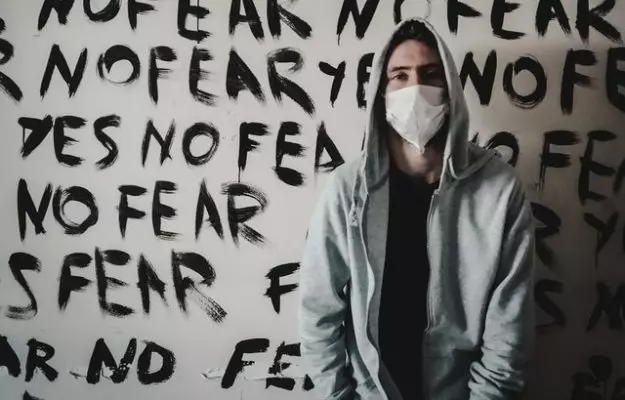On 24 March 2020, India's Prime Minister announced a nationwide lockdown for 21 days to fight the spread of the 2019-20 coronavirus infection. This, naturally, turned many of our lives upside down.
While we continue to deal with the logistics and ensure we’re taking all the precautions recommended by health officials, mental health can often take a backseat in such situations.
There is a massive uptick in feelings of anxiety. Many of us have never been this stressed before. And some of us, who already had mental issues before this lockdown, don’t have access to our regular outlets.
So how can we take care of our mental health in the time of COVID-19? In a webinar, on 31 March 2020, Dr Samir Parikh, Director of the Department of Mental Health and Behavioural Sciences, Fortis Healthcare, addressed this question in detail. Here are his top tips:














































